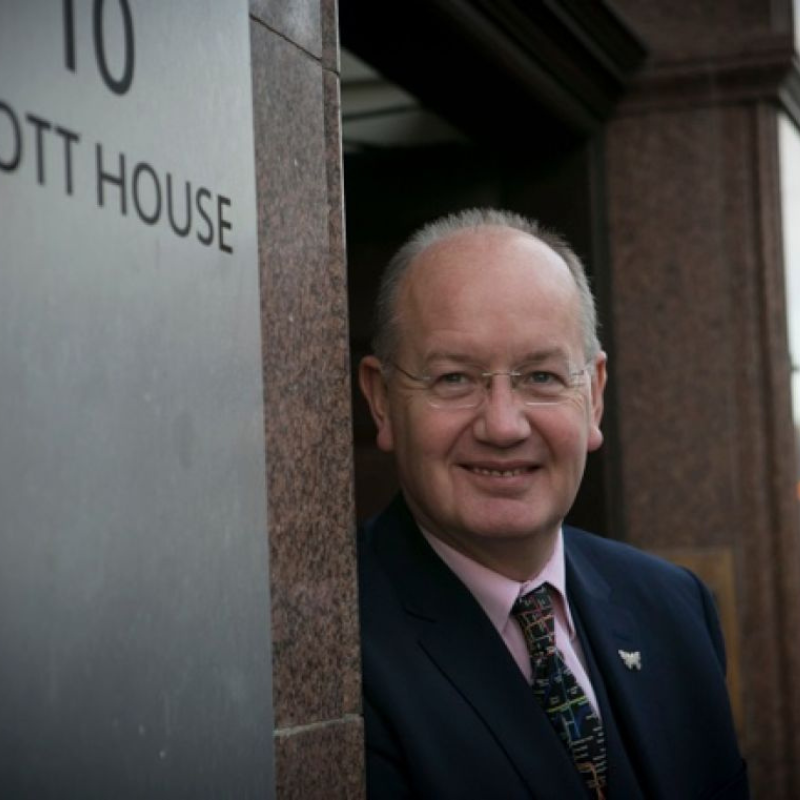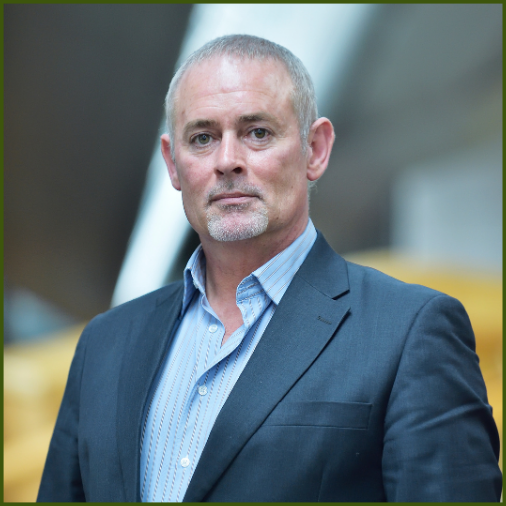This webinar will explore the effects and consequences of the COVID pandemic for how we live and work in our city and town centres and our high streets. It will examine the opportunities for transformational change in the centre of our urban spaces and will consider current thinking and initiatives to turn threat into opportunity as dramatic structural changes are already unfolding.
Localism and the regeneration of our high streets and town and city centres was already a challenging and necessary task before the advent of pandemic. The impact upon retail, transport, employment, public health and the scale and role of the office has enormously accelerated the ways in which our central spaces are undergoing change and need to be reconceived. Can the brutality of the current experience be turned to advantage?
What opportunities and necessities may allow us to rebrand these shared central locations? How do we re-imagine and re-engineer their vitality so that we have multifunctional use which is sustainable, desirable and economically successful? What are the implications of considering footfall rather than retail occupancy as a measure of dynamism? What pooling of resources and purpose is required from all stakeholders if we are to move from marginal survival to thriving placemaking?
Dr Chloe Steadman will reflect on what high streets and town centres have been and what they might become. Stefano Smith will discuss the role of planning in our city and town centres and high streets. Phil Prentice will reflect on how town centres should be treated holistically in pursuing place-based approaches to renewal.
Key points

Director
Playfair Scotland

Chief Officer
Scotland's Towns Partnership

Planning Director
Third Revolution Projects

Lecturer in Marketing
Manchester Metropolitan University; Research Associate, Institute of Place Management
10:00 Chair's opening remarks
Donald Anderson, Director, Playfair Scotland
10:05 Understanding what high streets and town centres have been and what they might become
Dr Chloe Steadman, Lecturer in Marketing, Manchester Metropolitan University; and Research Associate, Institute of Place Management and High Streets Task Force
10:20 Planning our city and town centres and high streets
Stefano Smith FRTPI, Director, Stefano Smith Planning and High Streets Task Force Expert
10:35 Town centres: holistic, place based approaches to renewal
Phil Prentice, Chief Officer, Scotland's Towns Partnership
10:50-11:00 Discussion and Q&A
Donald Anderson, Director, Playfair Scotland

Donald Anderson
Director
Playfair Scotland
Prior to setting up the company, Donald worked as Director of the PPS Scotland Office for nine and a half years, as a company with specific expertise in inward investment, government and public service issues. Donald has worked on projects with an investment value more than £4billion in recent years. His work has covered most of Scotland working in 28 of the 32 local authority areas.
Donald was a councillor for over 20 years, working extensively on delivering economic development and investment and was one of the key public sector figures who helped Edinburgh become the strongest city economy in the UK outside London. Donald helped the city’s Festivals to thrive and conceived and created Edinburgh’s Christmas Festival which brings nearly £200million into the city each year. Donald was unashamedly pro-development during his period in office.

Phil Prentice
Chief Officer
Scotland's Towns Partnership
With 25 years economic development experience across the public and private sectors, my role as Chief Officer of Scotland's Towns Partnership is to drive sustainable change through collaboration and partnership. Towns are clearly back on the political agenda and our work in helping to deliver the Town Centre Action Plan has delivered a step change in thinking and tangible progress.
Scotland's Towns and smaller settlements account for 70% of our population base and aside from their significant economic contribution in terms of commerce and employment, they provide a living record of our history and heritage, they provide places where communities can meet, socialise and celebrate culture, and are hubs where people can live, access services, leisure, entertainment and transport.
Despite the numerous factors and pressures impacting on our towns I believe that empowered communities can be energised to ensure that Scotland's towns remain vibrant and continue to play a vital role in our nation's future.

Stefano Smith FRTPI
Planning Director
Third Revolution Projects
Stefano is a commercial and pragmatic development planner with a strong customer focus. Stefano has nearly 30 years of UK professional experience of managing multi-disciplinary teams within a planning, environmental, design and engineering consultancy.
He has extensive experience in providing development planning and project management services in the environment, infrastructure, energy, commercial, industrial, housing and mixed-use sectors. He is a Chartered Fellow of the Royal Town Planning Institute (FRTPI) with experience in statutory planning (including approvals & consents and expert witness), sustainability, regeneration, master planning & urban design, consultation & engagement strategies and tools & development economics. He is a seasoned practitioner in stakeholder engagement and the development of communication strategies, as well as the use of appraisal and assessment tools.
Stefano has successfully advised, negotiated, and delivered complex land development and infrastructure projects of ranging sizes. He has worked in both the private and public sectors, particularly pertaining to the principles and practice of the economics of urban regeneration, land development, sustainability, urban design, complex environmental assessment, and project management.

Chloe Steadman (Dr)
Lecturer in Marketing
Manchester Metropolitan University; Research Associate, Institute of Place Management
Chloe is a Lecturer in Marketing at Manchester Metropolitan University and Research Associate at the IPM. Her research focuses on consumer culture and people's lived experiences of places, as well as lecturing in consumer behaviour and research methods.
Online
Fees
How to book
You can book to attend, or order the video only, in 3 ways:
Select book now on the right hand side of this page, fill in the form on that page and click the 'send booking' button
Call 0131 556 1500
Email mail@mackayhannah.com
Webinar fees
Delegate fee (includes video recording) – £49 +VAT
Video recording (should you wish to purchase a video recording without registering to attend the webinar) – £40 +VAT
Group discount – organisations booking 3 or more delegates will receive every third delegate place free of charge (please complete further forms if necessary)
Payment
We do not currently accept payments online and will send you an invoice.
You have the option of paying by BACS or card.
BACS details will be included on the invoice.
If you wish to pay by card, please tick the appropriate box on the booking form and a member of our staff will contact you by telephone to take the payment.
Alternatively you may call 0131 556 1500.
Book delegate places or purchase video recording.

